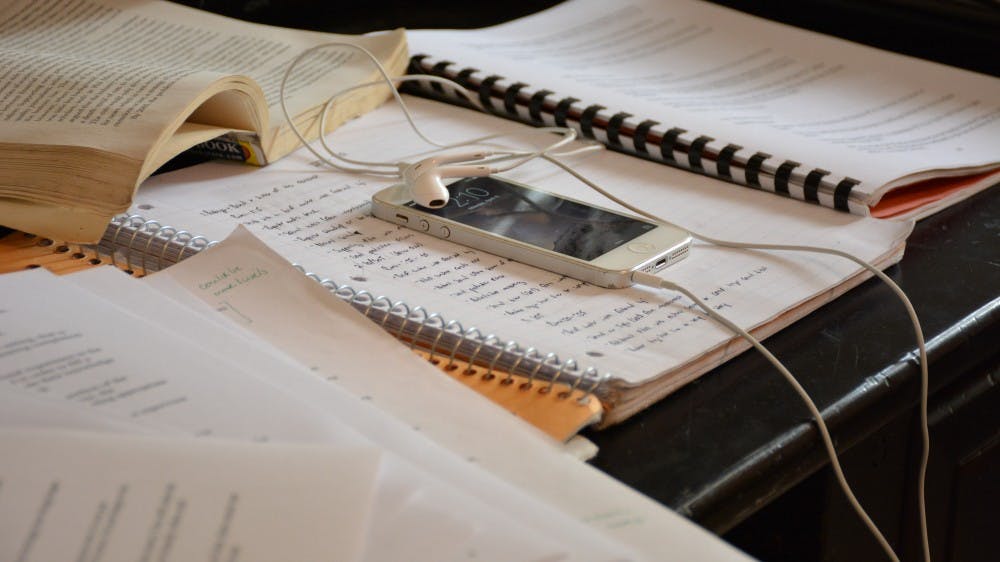Because Auburn University is commonly known as one of the nation’s most difficult colleges for students to receive As, Auburn students are at risk of making the mistake of excessive studying and neglecting sleep.
Sleep is one of the most underestimated factors when it comes to performing well academically, said Jennifer Robinson, associate professor in the department of psychology.
“Physiologically, when you are sleep deprived, your brain literally functions differently," Robinson said. "The limbic system, which plays a pivotal role in emotional processing, becomes overreactive and affects the cognitive centers of the brain."
She said sleep helps the body heal itself, and it helps the brain assimilate new information.
“The brain networks involved in attention are also affected, which is why you may have trouble focusing and holding on to information,” Robinson said.
One of the first areas of the brain to be negatively impacted by lack of sleep is the prefrontal cortex, said Ryan Bird, instructor and graduate student in the department of psychology. Bird said this is the brain region crucial to planning abilities, emotional control, making optimal decisions and solving problems, among many other important functions.
He warned that by skipping a night of sleep, the region of the brain needed most during the exam is directly affected negatively.
“This is something I heavily emphasize in my course and even dedicate a couple of days to lecturing on … the importance of sleep,” Bird said. “This lack of sleep, especially in university student samples, is a huge problem — a cultural problem, really — that we all need to acknowledge because the research is piling up, and it is overwhelmingly in favor of seven to nine hours a night.”
Bird said that below the seven-hour mark is when people begin to see cognitive impairments. At about 20 hours of being awake, he said a person is as impaired as someone who is legally drunk, without realizing it.
Bird said less than 1 percent of the population can maintain a healthy life with five hours of sleep, while everyone else needs at least a couple of hours more for normal, optimal functioning.
“Though some people might say that going to school isn’t work, I’d argue that it can be just as stressful and demanding," Bird said. "The consequences of burnout aren’t great."
Bird said these consequences include fatigue, inattention, insomnia, weakened immune function, anxiety, depression, isolation, apathy and irritability.
“These issues tend to compound over time and seep into all parts of your life," Bird said.
Bird said as a grad student, he has experienced academic burnout before, and those around him could tell something was wrong.
“There are no tricks or shortcuts to studying for classes," said Dominic Cheng, assistant professor in the department of psychology. "Plan ahead and spread your studying out as much as possible, which includes reviewing material before the instructor’s lecture."
Cheng recommended students be active in the learning process by asking questions.
When students ask questions, Cheng said, it can compel the instructor to explain the subject matter differently, which also promotes better retention.
Do you like this story? The Plainsman doesn't accept money from tuition or student fees, and we don't charge a subscription fee. But you can donate to support The Plainsman.





